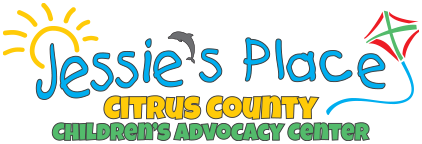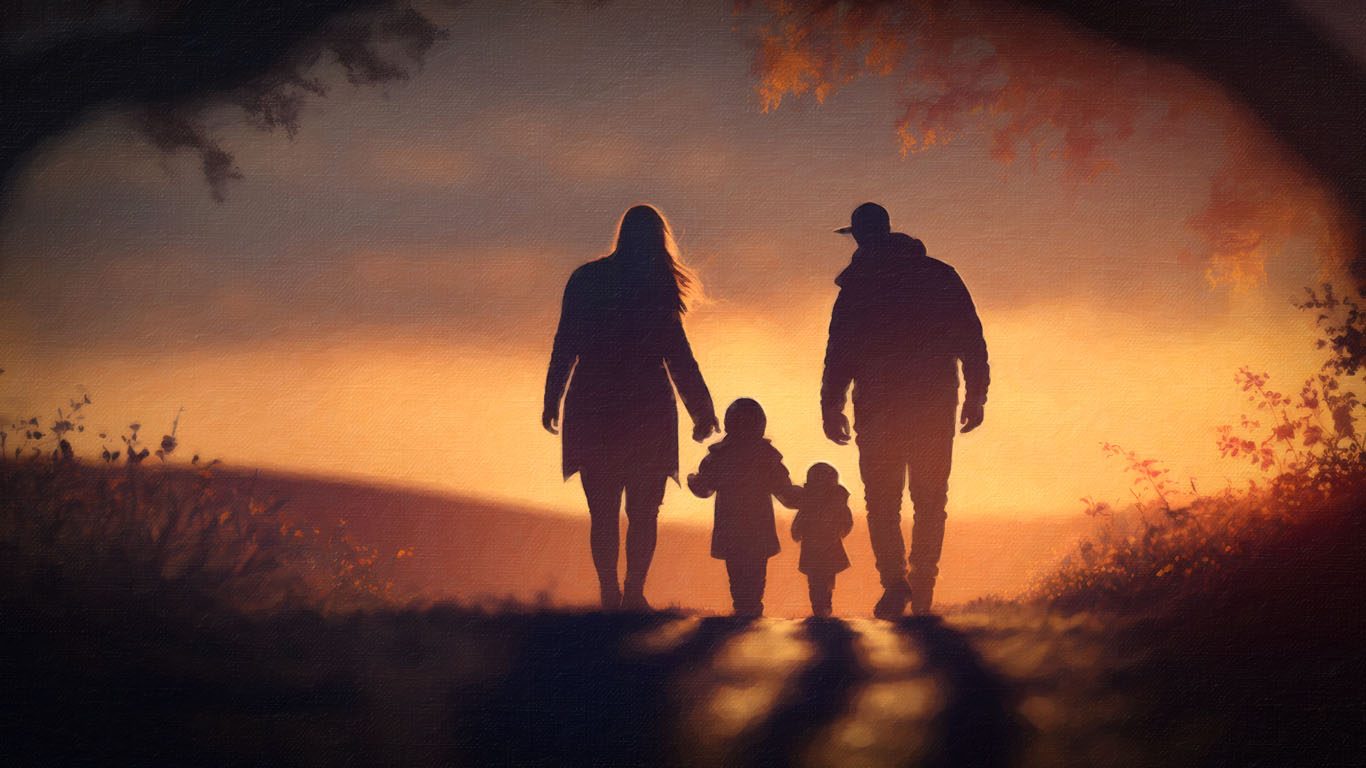We are here to help your child.
State of the art audio and video equipment helps in preserving the interview for evidentiary purposes, and aids in the continued investigation process. Our goal is to produce a comprehensive response in exploring allegations of abuse, provide recommendations to parents regarding safety and treatment needs of the child, and to stabilize the crises often experienced by the family.
We recognize that this may be a stressful period for you and your child. To support families during this time, we use a multidisciplinary team (MDT) approach during the investigation. Our team is made up of professionals who are experts in their fields and work together to share resources, address family needs and minimize trauma to children. Our team will be available to provide you support and answer any questions you might have about the process.
TALKING TO YOUR CHILD ABOUT THEIR APPOINTMENT
Children are most comfortable when they know what to expect. Explain to your child that he/she will be meeting with a person whose job it is to talk with children about difficult things. Reassure your child that he/she is not in trouble and that it is okay to talk to the interviewer about anything that is bothering them. Tell your child that you do not know exactly what they will be asked, but that you believe them and that it is important for them to tell the truth.
We ask that you not question your child about any concerns of abuse, as this can unintentionally influence a child’s disclosure. Also, you should not tell your child what to say. Please be mindful of conversations you have with others around your child as it could also influence the information they share during the interview.
FORENSIC INTERVIEW
Your child will meet one-on-one with a Case Coordinator who has received advanced training on the forensic interviewing of child victims and child witnesses. Forensic interviews are conducted when there has been a report to law enforcement or the Florida Department of Children & Families that a
child may have been a victim of abuse/neglect or when a child may have witnessed a violent crime.The role of the Case Coordinator is to assist those agencies in their investigations while keeping the best interest of your child at the forefront.
Forensic interviews minimize trauma by ensuring your child is able to provide an accurate account in their own words and only has to detail information to one adult. A forensic interview is a structured conversation and questions are asked in a manner that is not threatening, unbiased and non-suggestive. The interview is video recorded to prevent repeated questioning of your child.
The interviewer must talk with your child alone. It is difficult for a child to talk about abuse they may have experienced. Having a parent in the room may distract or inhibit children during an interview. Children may also want the parent to answer questions for them. It is best if the child can provide information independently.
MEDICAL EXAMINATION
Your child may meet with a medical provider with pediatric expertise. The purpose of the exam is to ensure the health, safety and well being of your child; to document any possible physical findings and depending on the type of case, to collect evidence that may be present on your child’s body/clothing.
The medical examination is not painful and is minimally invasive. Children are never forced and are given as much time as necessary to feel comfortable with the exam. A child often allows the exam to proceed when reassured that the decision is entirely their own. Know that your child will be treated with respect and dignity. Digital photographs may be taken.
After the exam, the medical provider will speak with you to explain any findings and further tests or treatments that may be needed.
AFTER THE INTERVIEW
You can certainly ask your child about how the interview went, but you should not press them for details. Asking things like what the room was like and if the interviewer was nice are perfectly acceptable questions. These questions show that you are interested in their experience but respect that they may be uncomfortable sharing too many details.
MENTAL HEALTH COUNSELING
Our team of mental health providers help children and families heal from the trauma of abuse. Therapists create a comfortable, safe space for children to tell their story, to identify and overcome challenges, develop
positive coping skills, learn to control and express emotions and build healthy relation-ships. Through weekly sessions with the child and regular check-ins with the caregiver, the therapist builds a healthy, trusting relationship with the family.CHILD/FAMILY ADVOCACY
Our Advocate provides direct services to each child referred to our center for services. The job of the advocate is to listen and support in whatever way possible and to seek out information, education and resources you or your child may need to help them overcome the trauma of abuse. The Advocate will act as a guide during your child’s time at our center by providing emotional support and information about the investigative and legal process, as well as victim rights and services offered by our center.
Our advocate will listen to your concerns and provide information about the effects of trauma. If requested, our advocate will make referrals for mental health counseling and offer individual advocacy/intervention with other community agencies to ensure the timely coordination of services. Our advocate plays a key role in helping to support child victims and their non-offending caregivers throughout the investigation and prosecution of the case and offers ongoing assistance for victims as any stage of the criminal justice process.
VICTIM COMPENSATION
The Office of the Attorney General Bureau of Victim Compensation provides victims with financial assistance for burdens created as a result of a crime. Our Advocate will review this program with you, discuss qualification requirements and assist in completing and filing the application.

